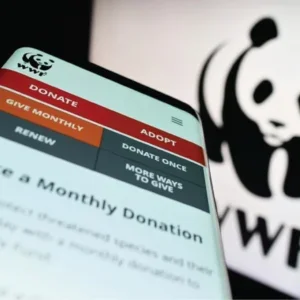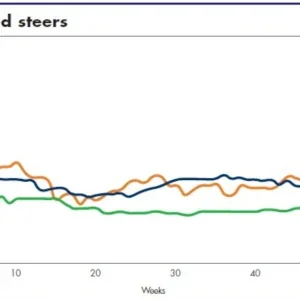On the day before APLF opened in Hong Kong, Leather International together with BLC Leather Technology Centre held a very successful Footwear Leather Conference. It was sponsored by APLF and LANXESS and the high quality of the presentations from the global brands along with groundbreaking ideas for new footwear materials ensured an interesting day for delegates.
Betsy Blaisdell is manager of environmental stewardship for the Timberland Company and is responsible for implementing programmes and policies designed to reduce Timberland’s environmental footprint. Specifically, she heads up projects that reduce energy, chemicals and resource use at Timberland owned and operated facilities worldwide. Timberland take their environmental responsibilities extremely seriously and provide an excellent role model for other companies to follow.
Vanessa Margolis told the audience that her highly successful employers, Nike, started out more than thirty years ago with a handshake and a $500 partnership. They are now the biggest suppliers of footwear in the US and a huge contributor to the global marketplace. Margolis is project manager for the recently formed Considered Team and has worked for Nike for five years with the majority of her work focusing on the environmentally preferred material programme and in building sustainability tools for business units.
When it comes to new materials for footwear manufacturing, Dr Vikky Addy kicked off by describing work at the BLC aimed at finding a tanning method which will emulate chrome tanned leather characteristics without actually using chrome. BLC have come up with a novel epoxide tannage which should be available on the market in 12-18 months.
Dr Andrew Hudson then introduced E-Leather as a new material for footwear construction. It is a leather byproduct whereby waste leather is fiberised and processed into a form of leather on a roll. It is very strong, good to touch and can be engineered to meet a variety of requirements. It is a composition leather which is 75-80% leather fibre with a textile substrate and is lighter in weight than the real thing. Their novel marketing stratagem is to offer a leather byproduct which is better than leather!
Completing the novel footwear materials trio was Galahad Clark’s presentation on the challenges of design and sustainability in footwear. Clark, of the famous footwear family, described the work of two companies that he is involved in. Terra Plana International are a young urban design company who design for other companies. He said that sustainability in design is good design. Terra Plana remove as much of the glue and other harmful substances as they can, look to nature for inspiration and follow ethical production principles. Their Worn Again project uses 98% of recycled materials (he mentioned parachutes, offcuts from the automotive and airline industries and tweed jackets). They have taken this project to Africa where moccasins are being made and the money is going to local aids orphans. The other company, United Nude represent the simple use of as few, high tech, components as possible and offer footwear with a modern relevant look.
Other presenters were Dr Dietrich Tegtmeyer, LANXESS; Peter T Mangione, Footwear Distributors and Retailers of America; Andy Seaward, Clarks; Aqeel Ahmed, Florence Shoe Company; Michel Perrin, Perrin-Rostaing; and Paul Pearson, UK Leather Federation and ICT.






